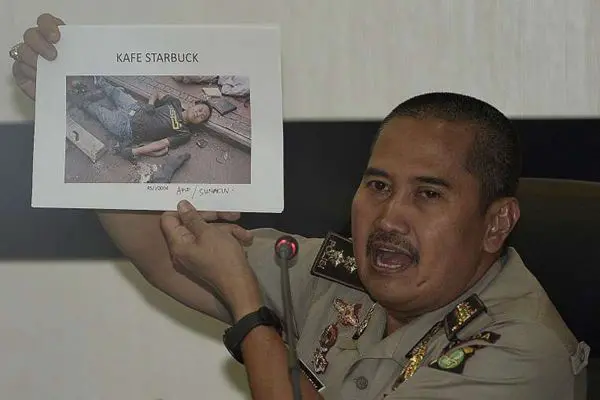European leaders on Wednesday took the podium on the first day of this year's annual high-level debate of the UN General Assembly, pledging their commitments to United Nations' efforts to achieve peace and development across a whole range of issues while highlighting their own specific concerns.
Speaking first, King Felipe VI of Spain pledged his continent' s contributions to other regions of the world and his own country' s unconditional support for UN values.
"I can assure you that the international community, represented today in this General Assembly, can continue to count on Spain's support and its active participation in the unwavering protection of the values and interests of a humanity in peace, evermore prosperous and just," he told the leaders of 193 nations on the opening day of the 69th General Debate. "Spain upholds a United Nations that is not only stronger but above all, more united: more united against fanaticism, intolerance and barbarism. More united in fighting against poverty, hunger and marginalization."
Noting Spain's transformation over nearly 40 years from dictatorship to a democracy based on the rule of law, protecting all citizens in its political, geographic, cultural and linguistic diversity, the king said the world can always count on his country 's firm commitment to promoting and defending democratic values.
Turning to the Middle East where some societies "suffer the scourge of an intolerable barbarism, a criminal and atrocious violence that threatens all societies and our human civilization," he said, adding that the world can count on Spain to confront, all together and respecting international law, those who aim to destroy with intolerance, violence or sectarianism the values and principles that underlie our United Nations."
Also speaking at the General Assembly, Armenian President Serzh Sargsyan stressed the UN's "indispensable role" in setting new long-term goals for sustainable development worldwide.
"I strongly believe that through the new 'Post-2015' development agenda we will continue our efforts seeking solutions and responding to challenges of global nature stemming from the Millennium Development Goals," he said, referring to the new roadmap that is to fill out and replace the eight MDGs set for the first 15 years of the new millennium.
Sargsyan devoted most of his speech to issues of specific Armenian concern, including a pressing call to Turkey to demonstrate the courage and face its own history by recognizing the Armenian Genocide, thus relieving the next generations of this heavy burden of the past.
"Alas instead, we continue to hear ambiguous and ulterior messages, in which the victim and the slaughterer are equalized, and the history is falsified," he said, referring to the deaths of hundreds of thousands of Armenian nearly 100 years ago at the time of the First World War and noting the threats now facing tens of thousands of Armenians at the hands of Islamist extremists in Syria.
He also blamed the "bellicose declarations and various threats" by neighboring Azerbaijan for a failure to reach a settlement in the Nagorno Karabakh conflict, saying it had flouted UN Security Council resolutions by continuing military hostilities.
 简体中文
简体中文

